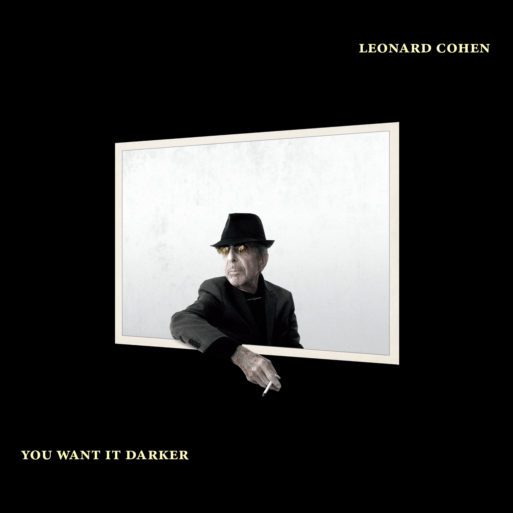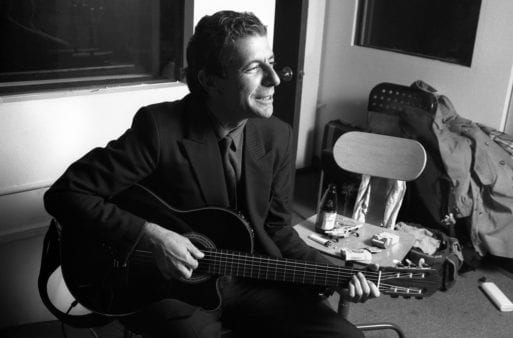
Leonard Cohen, You Want It Darker.
Leonard Cohen was a Candian singer-songwriter known for his songs of incredible depth, passion, and poeticism. Throughout his long career, his simple yet layered lyricism has explored themes of religion, sexuality, politics and loss. In his later years, his lyrics delved more into mortality, which is clearly demonstrated in his 14th and final studio album “You Want it Darker” released in 2016, 19 days before his death at the age of 82.

Image Credit: rollingstone.com
The title song from the album examines Cohen’s own approaching mortality, and with it, his ambivalent relationship towards God (in this song, referred to as “the dealer”). The song begins with a confrontation — one that shows a man struggling to consolidate the idea of a loving God who would also allow immense suffering in the world.
If you are the dealer, I’m out of the game
If you are the healer, it means I’m broken and lame
If thine is the glory then mine must be the shame
You want it darker
We kill the flame
Magnified, sanctified, be thy holy name
Vilified, crucified, in the human frame
A million candles burning for the help that never came
You want it darker
As some reviewers have pointed out, the line “we kill the flame,” could be in reference to organized religion with other lines referencing the suffering that has been carried out in the name of God.
They’re lining up the prisoners
And the guards are taking aim
I struggled with some demons
They were middle class and tame
I didn’t know I had permission to murder and to maim
You want it darker
It’s dark and it’s grim, but it’s also undeniably authentic and compelling. “You Want it Darker” is Cohen facing his own mortality and exploring the deep, existential concerns that can accompany death. At the end of the chorus, Cohen uses the line, “Hineni, hineni,” Hebrew for “here I am.” In the Torah, this is Abraham’s response when God asks him to sacrifice his son.
Hineni, hineni
I’m ready, my lord
While the entire song brings up difficult questions without clear solutions, it seems as if, by the end, Cohen realizes that his unanswered questions (along with his mortality) are something he has no choice but to accept.

 “You Want it Darker” by Leonard Cohen
“You Want it Darker” by Leonard Cohen


 National Donate Life Month Reminds Us To Give
National Donate Life Month Reminds Us To Give
 How Dare You Die Now!
How Dare You Die Now!
 Debating Medical Aid in Dying
Debating Medical Aid in Dying














